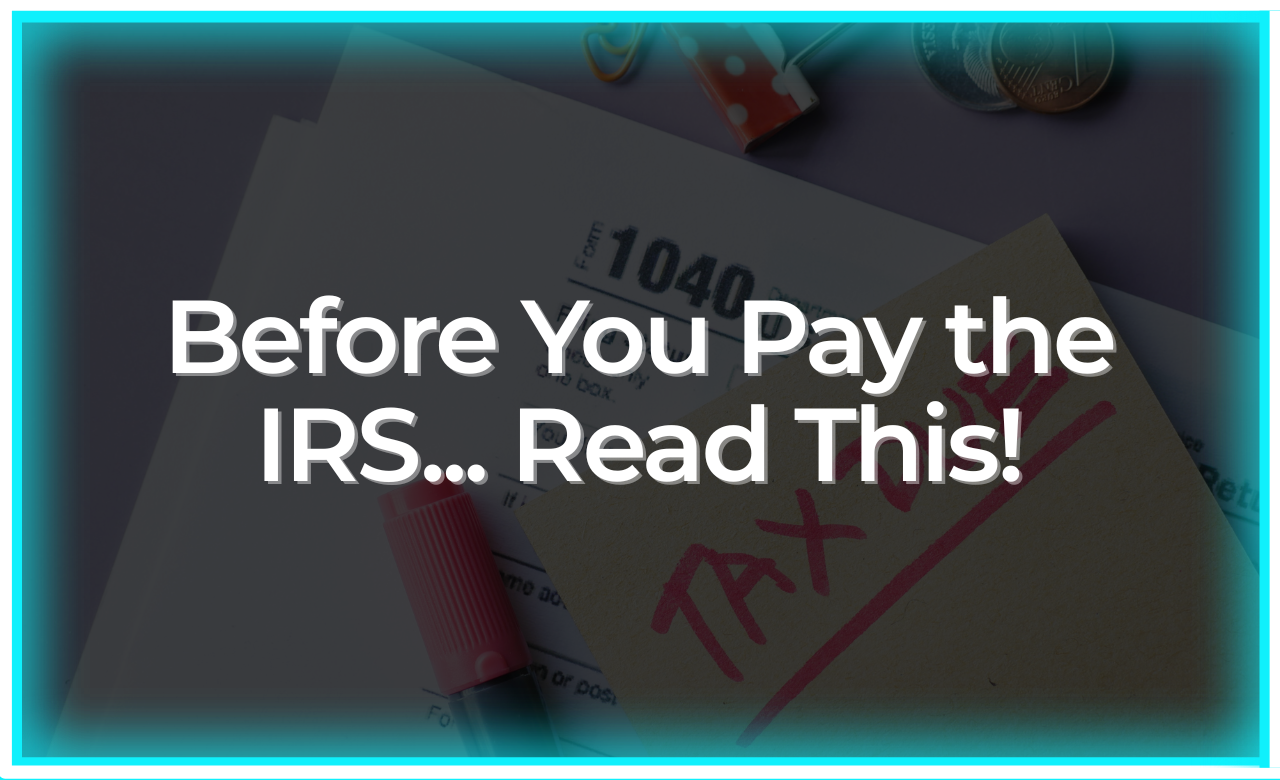Hey everyone, I’m Bette Hochberger, CPA, CGMA. If you owe taxes, your first instinct might be to pay it off as quickly as possible—just rip off the Band-Aid, right? But wait! Before you send that payment to the IRS, there’s one very important thing you should do: review your deductions and tax credits.
Why? Because you might be paying more than you actually owe.
The Power of Deductions and Credits
Tax deductions and credits can significantly reduce your total tax bill—but only if you claim them correctly. Many taxpayers overlook deductions they qualify for, or assume their preparer already caught everything. But when it comes to tax debt, doing your own double-check can save you hundreds or even thousands of dollars.
Deductions reduce the amount of your income that’s taxable. Think of things like:
- Business expenses (for self-employed individuals)
- Mortgage interest
- Student loan interest
- Charitable contributions
- Medical expenses
Credits, on the other hand, are even more powerful because they reduce your tax bill dollar for dollar. Examples include:
- The Child Tax Credit
- Earned Income Tax Credit (EITC)
- Education credits (like the American Opportunity or Lifetime Learning Credits)
- Energy-efficient home credits
So before you rush to pay your tax debt in full, you need to ask: Did I miss any deductions or credits that could lower what I owe?
Get a Tax Pro to Take a Second Look
Tax rules change often, and what you didn’t qualify for last year, you might qualify for this year. A second look from a qualified tax professional can make a big difference. They’ll also spot potential amendments if something was missed on a previous return, which could reduce your current debt or even bring you a refund.
What Happens If You Already Paid?
Even if you’ve already paid, it’s not too late to go back and review your return. If you discover that you overpaid, you may be able to file an amended return and request a refund. The IRS allows you to amend returns up to three years after the original filing date.
Don’t Pay More Than You Have To
Paying off your tax debt is important—but paying only what you actually owe is smarter. The IRS isn’t going to remind you about missed credits or deductions; it’s up to you to find them. So before you write that check or make that payment online, do yourself a favor and take a pause.
Look over your deductions. Recheck your credits. And if in doubt, ask a tax expert (like myself!) to help you review.
You deserve to keep as much of your hard-earned money as possible.
I’ll see you next time!










